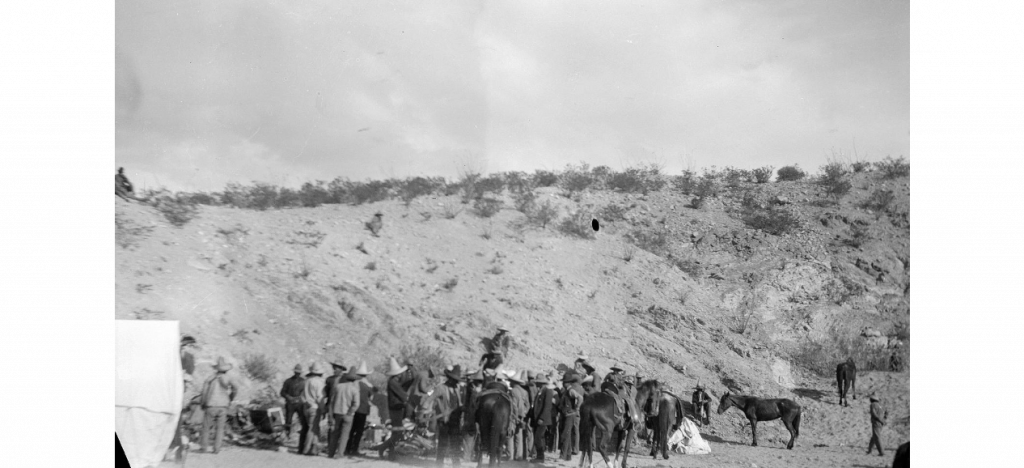Interview with Mikael D. Wolfe, author of “The Climate of Conflict: Politico-environmental Press Coverage and the Eruption of the Mexican Revolution, 1907–1911”
Mikael D. Wolfe is assistant professor of history at Stanford University. His work has centered on the intersection of environmental, technological, social, and political change in late nineteenth- and twentieth-century Mexico and Latin America. He is the author of Watering the Revolution: An Environmental and Technological History of Agrarian Reform in Mexico (Duke University Press, 2017), which received the 2018 Conference on Latin American History‘s Elinor K. Melville Prize for Latin American Environmental History. You can read his article “The …









